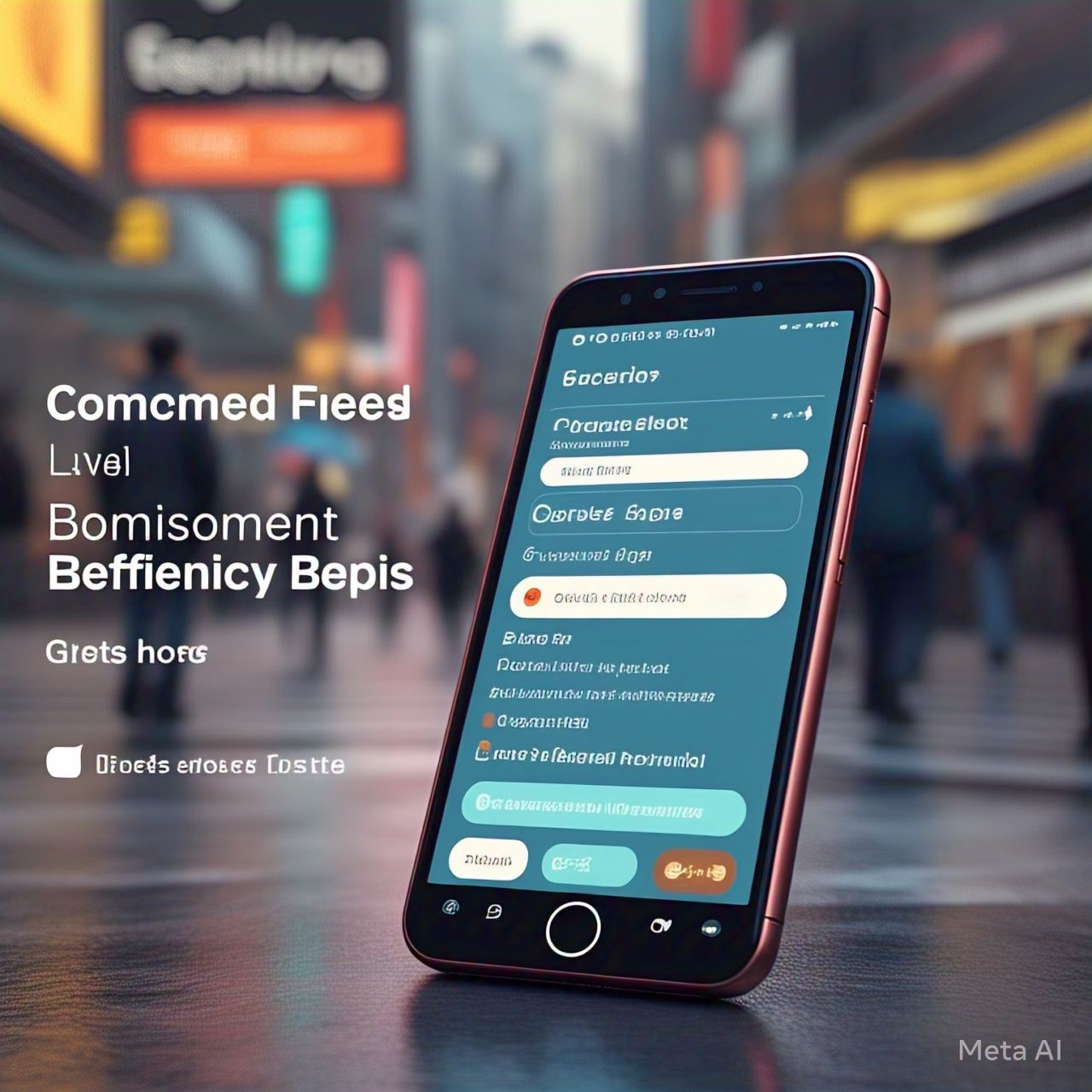Table of Contents
- Introduction
- Understanding AI-Powered Automation
- Key Benefits of AI Automation in Business
- Increased Efficiency and Productivity
- Cost Reduction
- Enhanced Decision-Making
- Improved Customer Experience
- Scalability and Flexibility
- Reduced Errors and Improved Accuracy
- AI Automation in Different Business Sectors
- AI in Manufacturing
- AI in Healthcare
- AI in Finance
- AI in Retail
- AI in Human Resources
- Challenges of Implementing AI-Powered Automation
- Future Trends in AI Automation
- Conclusion
- FAQs
1. Introduction
Artificial Intelligence (AI) is revolutionizing business operations, making them more efficient, cost-effective, and scalable. AI-powered automation has become a game-changer for industries worldwide, helping businesses streamline workflows, improve decision-making, and enhance customer experiences. This article explores the key benefits of AI-powered automation in business, its applications across industries, challenges, and future trends.
2. Understanding AI-Powered Automation
AI-powered automation integrates machine learning, natural language processing (NLP), and robotic process automation (RPA) to execute repetitive tasks with minimal human intervention. This technology allows businesses to focus on higher-value tasks while improving efficiency and reducing operational costs.
3. Key Benefits of AI Automation in Business
1. Increased Efficiency and Productivity
AI-driven automation can handle repetitive and time-consuming tasks faster and more accurately than humans. Businesses can optimize workflows, reduce manual labor, and allocate human resources to more strategic tasks.
2. Cost Reduction
By automating processes, businesses can significantly cut labor costs, minimize errors, and reduce expenses associated with manual operations. AI helps optimize resource utilization, leading to long-term financial benefits.
3. Enhanced Decision-Making
AI algorithms analyze vast amounts of data in real-time, providing insights that drive informed decision-making. Businesses can use predictive analytics to forecast market trends, customer behaviors, and operational risks.
4. Improved Customer Experience
AI-powered chatbots and virtual assistants enhance customer service by providing instant responses and personalized recommendations. AI also enables businesses to predict customer needs and offer tailored solutions.
5. Scalability and Flexibility
AI automation allows businesses to scale operations efficiently without increasing workforce size. Companies can adapt to changing market demands, ensuring sustainable growth and competitiveness.
6. Reduced Errors and Improved Accuracy
AI eliminates human errors in data entry, calculations, and compliance tasks. Automation ensures consistency and accuracy, leading to higher quality standards in business processes.
4. AI Automation in Different Business Sectors
| Industry | AI-Powered Automation Use Cases |
|---|---|
| Manufacturing | Predictive maintenance, automated quality control, robotic assembly lines |
| Healthcare | AI-driven diagnostics, personalized treatment plans, virtual nursing assistants |
| Finance | Fraud detection, algorithmic trading, automated customer support |
| Retail | Personalized marketing, demand forecasting, AI-powered chatbots |
| Human Resources | AI-driven recruitment, employee engagement analysis, automated payroll processing |
AI in Manufacturing
AI-driven robotics and automation improve production efficiency, minimize downtime, and enhance product quality.
AI in Healthcare
AI-powered automation aids in diagnostics, drug discovery, and patient monitoring, improving healthcare delivery and outcomes.
AI in Finance
Financial institutions leverage AI for fraud detection, credit scoring, and automated trading to enhance security and efficiency.
AI in Retail
Retailers use AI to offer personalized recommendations, optimize supply chains, and enhance customer service.
AI in Human Resources
AI simplifies HR processes such as candidate screening, performance analysis, and employee engagement strategies.
5. Challenges of Implementing AI-Powered Automation
While AI automation offers numerous benefits, businesses face challenges such as:
- High initial implementation costs
- Data privacy and security concerns
- Workforce displacement fears
- Integration with existing systems
- Need for continuous monitoring and updates
6. Future Trends in AI Automation
The future of AI-powered automation is promising, with trends such as:
- Increased adoption of AI in small and medium-sized businesses
- Advanced AI-driven customer service solutions
- Expansion of AI in supply chain management
- Integration of AI with Internet of Things (IoT) for smarter automation
7. Conclusion
AI-powered automation is transforming businesses across industries by improving efficiency, reducing costs, and enhancing decision-making. While challenges exist, companies that embrace AI-driven automation can gain a competitive advantage and drive long-term success.
8. FAQs
Q1: How does AI automation improve business efficiency? AI automation eliminates repetitive tasks, reduces errors, and speeds up workflows, leading to improved efficiency and productivity.
Q2: What industries benefit the most from AI automation? Industries like manufacturing, healthcare, finance, retail, and human resources benefit significantly from AI-driven automation.
Q3: Does AI automation lead to job losses? While AI automates repetitive tasks, it also creates new job opportunities in AI development, data analysis, and system maintenance.
Q4: What are the challenges of implementing AI automation? Challenges include high initial costs, data security concerns, and the need for continuous monitoring and system updates.
Q5: What is the future of AI-powered automation? AI automation will continue to evolve, with advancements in AI-driven customer service, predictive analytics, and integration with IoT.
Citations
- McKinsey & Company. (2023). AI and automation: The future of work. Retrieved from www.mckinsey.com
- Harvard Business Review. (2023). How AI is reshaping business processes. Retrieved from www.hbr.org
- Forbes. (2023). The impact of AI automation on business efficiency. Retrieved from www.forbes.com



